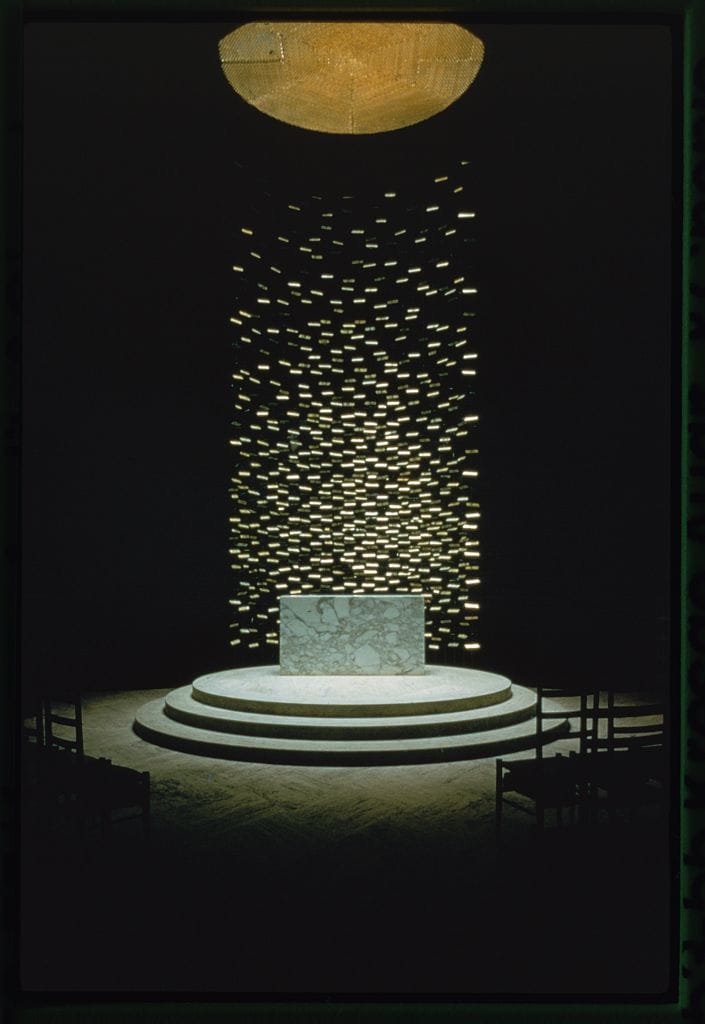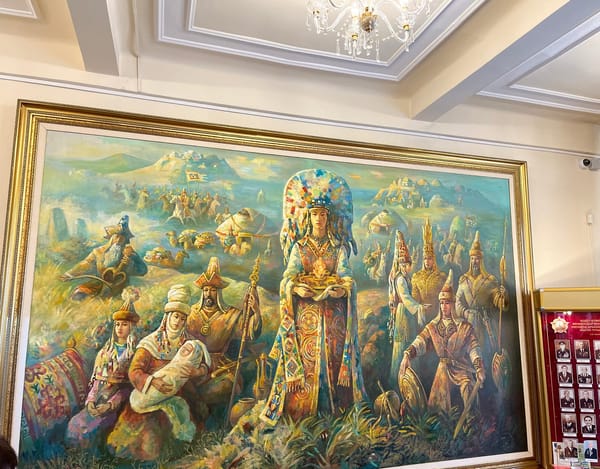Culture Wars lead to short sighted thinking - Title IX Edition
Two recent articles have me thinking once again about Title IX, religious exemptions, and culture warring and how it all leads to short term thinking.

One topic of interest I’ve followed during my current course of study is the status of religious exemptions to Title IX for Christian colleges and universities.
Much of the discourse in the past decade on this topic has emphasized how such exemptions open a space for conservative institutions to ignore or de-emphasize compliance with regulations and guidance intended to protect LGBTQIA+ students and sexual assault survivors. There are numerous stories that would highlight the challenges these students face in navigating this particular institutional type.
However, two recent articles I encountered, one in Inside Higher Education, and one in my undergraduate alma mater’s student newspaper have me once again thinking about this topic and its relationship to U.S. culture warring.
Two takeaways for me:
- I’ve always been skeptical of the claim that religious exemptions = always bad, and these articles reveal their utility in preserving DEI initiatives under the current administration’s crusade against the social integration of education. They serve as a reminder that "Culture Wars" have a tendency to promote short term and zero-sum thinking about policy implementation that can ultimately hurt the very people such warring is intended to support. I'm reminded about the controversy surrounding Theodore Olsen's involvement in opposing California's Proposition 8 because one of his highest profile cases previously had been representing George W Bush in Bush v. Gore and then serving as the Bush administration's solicitor general.
- When considering my alma mater in particular, it highlights the raw deal white evangelical allegiance to the Republican political agenda remains. From personal experience I know Wheaton’s commitment to DEI has blossomed through decades of patient advocacy from students and alumni who, based on their experiences at the institution, would have every right to dismiss the institution as an exclusionary lost cause. They haven’t, and they’ve built a durable institutional culture that certainly wouldn’t align with the full agenda of a progressive Christian coalition, but takes seriously the Christian virtues of hospitality, and neighbor love.
My position is that for all the shortcomings in how Evangelical colleges treat minority groups (whether the identities are related to ethnic, racial, sexual orientation, or gender) that they serve a vital function in supporting and framing pluralism in language and value structures cultural conservatives will accept.
What I fear is that the inevitable social backlash to this administration’s culture war will further erode any meaningful progressive support for protecting the right of these institutions to set their own standards and justifications for inclusive practices, even if they don’t go as far as these advocates would desire.




